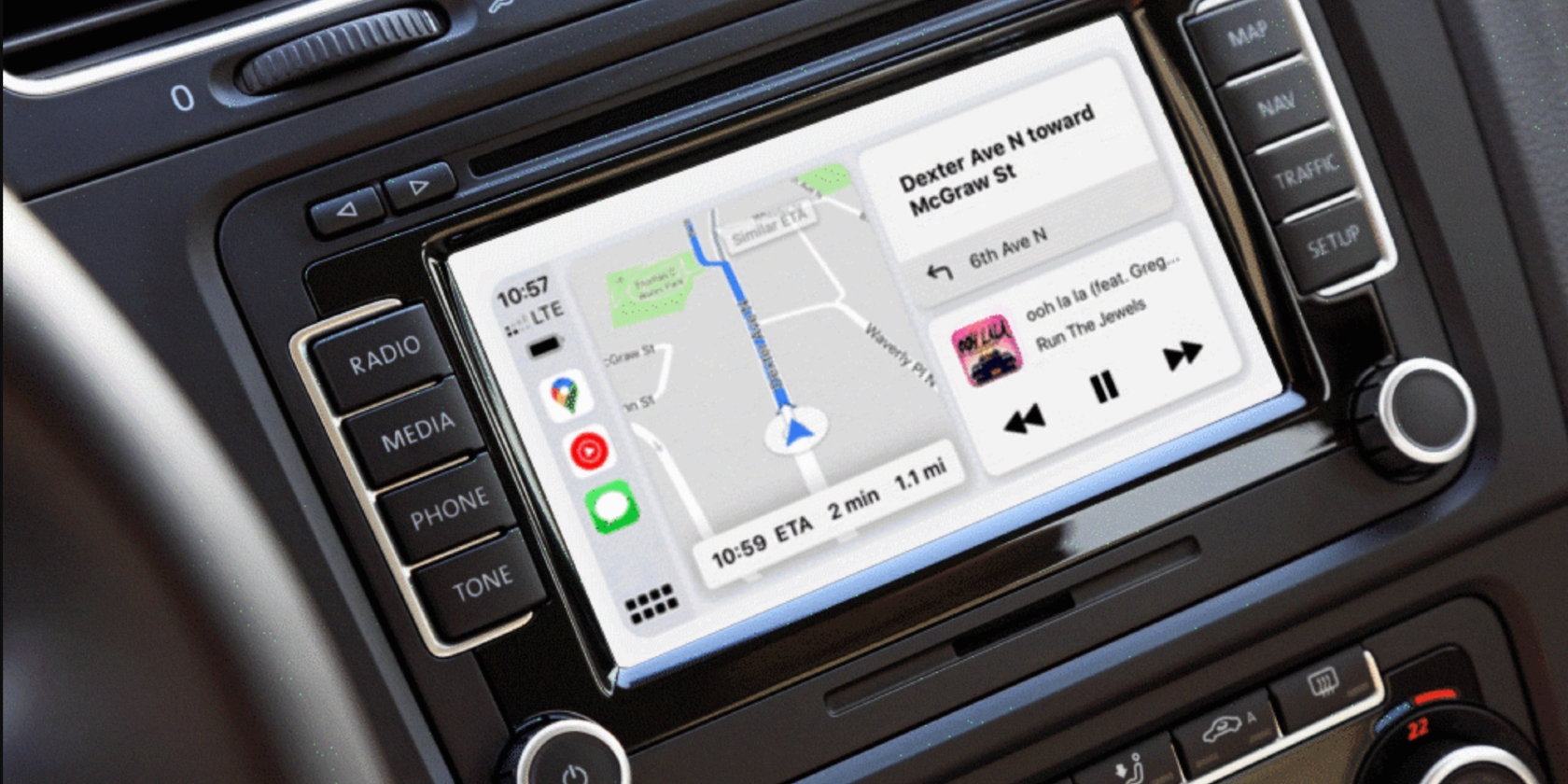
Bicycles are one of the best ways to get around. They are more affordable than other private transport, and then there are also the health benefits of physical exercise to consider. The overall design of a bike is so effective that there have been few significant changes in over 200 years.
However, electric bikes, or e-bikes, use a small motor to help you on your way. This reduces the effort required to cycle, especially over long distances or up steep inclines and hills. It also makes cycling accessible to a broader range of people and encourages cycling as a means of transport rather than leisure.
What Is an E-bike?

The most notable feature of a bicycle is the pedals. Once you get onto the bike, movement in your legs pushes the pedals. The pedals are connected to a chain that takes that action and translates it to the rotation of the bike’s rear wheel. As this setup is so simple yet effective, it can be found on all bikes around the world.
However, a significant barrier to using a bike is the initial movement from your legs. Some people have limited mobility or reduced fitness levels, making this physical exertion a challenge. Many people also see cycling as a means to reduce the environmental impact of transport.
The past few decades have seen cycling become a popular way to commute to work, for example. But even in that case, distances may be long and require navigating uphill portions—the last thing you want when you reach your destination is to be exhausted.
E-bikes aim to overcome these hurdles by adding an electric motor onto the bike. This is used in combination with sensors and a small rechargeable battery to assist your cycling, allowing you to maintain speed even when conditions aren’t ideal. As they can reach higher speeds, it’s especially important to remain aware of your surroundings, so consider investing in a set of the best bone conduction headphones as well.
There are many configurations of electric bike offering a variety of power outputs and speeds. As such, the legality and regulation of e-bikes varies around the world. In most places, pedal-assisted e-bikes, where the motor provides a small boost while you continue to cycle, are classed as bicycles and are not subject to additional regulation. However, it’s best to check your local legislation before investing.
How Fast Does an Electric Bike Go?

There are two types of e-bike; pedal-assisted and power-on-demand. The most common variant is the pedal-assisted e-bike, also known as a pedelec. Pedal-assisted e-bikes provide support while you ride, particularly in difficult, uphill, or windy conditions. Typically, these electric bikes have a maximum speed of 15.5mph and a power output of 250 watts or less. Power-on-demand electric bikes are often classed as mopeds or motorbikes rather than bicycles.
These e-bikes have a throttle on the handlebars, which allow the rider to choose when to use the motor. They are often capable of providing more power, too. Depending on your selection, a power-on-demand bike could reach much higher speeds than standard e-bikes. There is another type of e-bike which sits between the pedal-assisted and power-on-demand varieties.
S-pedelecs are pedal-assisted e-bikes that use a more powerful motor and are not typically limited to maximum speed or power output. As they do not meet the commonly accepted legal definition of a bicycle, S-pedelecs are usually classified as mopeds or motorcycles. As there is no speed cap, S-pedelecs and power-on-demand e-bikes often have much higher maximum speeds.
How Much Does an E-bike Cost?

Typically, adding electronics, sensors, and a battery would make a product more expensive. In some ways, e-bikes are more expensive than bicycles. However, that doesn’t always hold true. Traditional bikes come in a wide variety of configurations. Some are designed for leisure, while others are optimized for regular commuting. That’s not to mention performance bikes intended for competitive racing, mountain biking, or endurance.
Your preferred activity will determine which type of bike most suits your needs. Lightweight materials like aluminum or carbon fiber increase the price, as do high-performance tires and efficient brakes. These same considerations can be found in e-bikes, too. However, the most widely available e-bikes are designed for road use and optimized to replace short journeys into town or commute to work.
That said, the initial cost of an e-bike will likely be higher than that of a standard bicycle. The added components and increased complexity make them more challenging and expensive to manufacture. Investing in a mid-range e-bike could set you back somewhere between $ 1,500 and $ 2,000.
Additionally, e-bikes will be more challenging to maintain, prompting more visits to bike repair stores, further increasing the cost. However, it’s essential to weigh these immediate costs against the benefits of an e-bike. If you want to use an e-bike to cycle to work, then you’ll be saving on other commuting expenses, as well as often saving on time and improving your health. The same is true if you intend to use an e-bike for shorter everyday journeys.
Depending on your lifestyle, you may find using an e-bike can, at least partly, replace your car or reduce your use of taxi services. That said, you can also minimize ride-hailing costs by understanding Uber’s different ride types.
Is an Electric Bike Worth It?
The past few decades have seen a renewed interest in cycling. Taking a ride on your bike increases your overall fitness and wellbeing.
On top of that, if cycle journeys could replace shorter car journeys, there would be a substantial impact on the pollution around the world. However, cycling isn’t accessible to everyone, and e-bikes open leisure rides and commuting by bike to a broader range of people.
Although it may pay off over time, the initial financial cost of an electric bike is significant. If you do invest in an e-bike, consider also purchasing one of these bike trackers to catch thieves red-handed.
Read the full article: What Is an E-bike?


